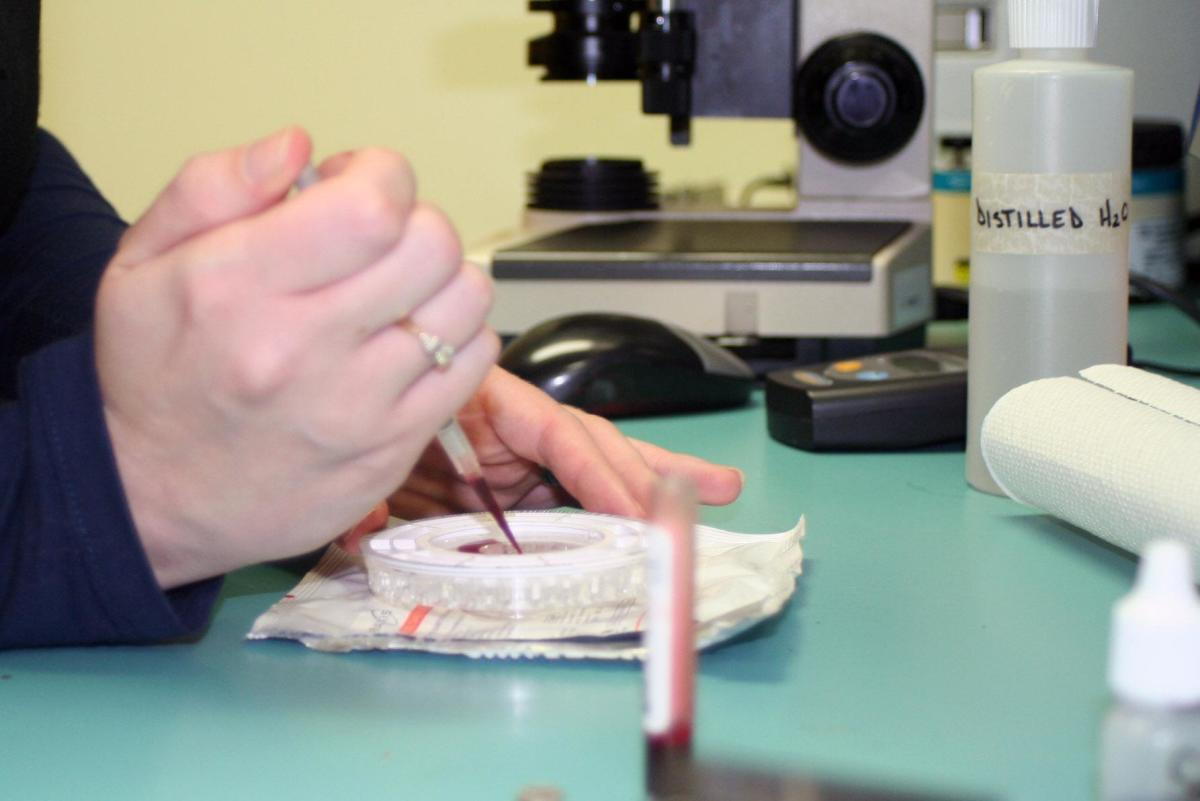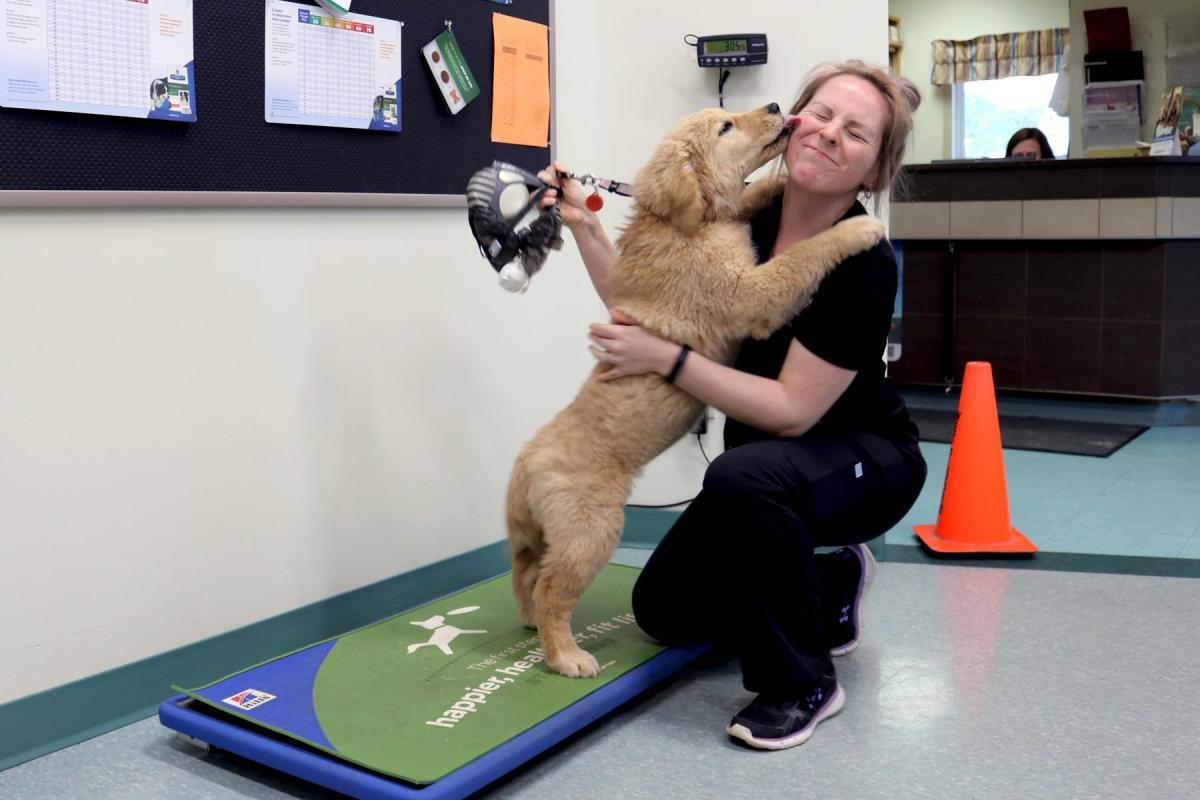International Rescue Dogs: What harm could there be?
The world seems to be shrinking these days! With social media bringing the world to our doorstep and more frequent travel south to escape our chilly Canadian winters, we have been seeing a trend of more international rescue dogs. These dogs are being brought into the Maritimes from tropical climates such as the southern US and Caribbean. Although the individuals and rescue groups importing these dogs are certainly well meaning, these dogs may pose a risk to us and our pets. There are many diseases that are common in tropical or warmer climates that we have been fortunate not to have to worry about here in good old wintery Canada. But climates are changing and imported dogs may carry diseases, many of which may cause illness in humans as well. Testing for these diseases can be expensive and take time, so often these rescue dogs are not screened for every possible disease. Sometimes they arrive here with just basic vaccines and no screening for disease at all.
This issue has been in the news recently:
http://www.cbc.ca/news/canada/calgary/canada-rescue-dogs-import-canines-disease-1.3757656

Testing information for dogs arriving from Southern United States
or other tropical climates.
If you are considering importing a rescue dog there are several tests that are recommended to help protect you and other pets. Below is brief summary of the tests and why you need them.
4DX - Tests for Ehrlichiosis, Anaplasmosis, Lyme Disease and Heartworm Disease
Ehrlichiosis- this is transmitted by ticks and affects the white blood cells of dogs, can cause fever, anorexia, lethargy and inappetence as well as bleeding issues.
Anaplasmosis- this is transmitted by ticks and affects the white blood cells of dogs causes flu like symptoms.
Lyme Disease- transmitted by ticks, causes many signs ranging from general malaise to joint pain or even kidney disease.
Heartworm- this disease is associated with larvae or worms that live in the dogs blood vessels and right side of the heart, it is transmitted by mosquitos. This test can be run in the clinic.

Complete Blood Cell Count (CBC) - this looks at the patient’s white and red blood cell levels as well as platelet counts, and can help distinguish if there are signs of infection or bleeding issues.
This test can be performed in the clinic.
Chemistry Profile - this gives an overall picture of an animal’s health looking at liver and kidney values as well as blood sugar, protein levels.
This test can be performed in the clinic.
Babesia- Babesia is transmitted by ticks and causes anemia (low RBC levels) and low platelet levels in dogs. These patients can have bleeding issues.
Test is sent to a lab outside of the clinic.
Brucella- brucellosis is a disease transmitted sexually or in the urine between dogs and can cause arthritis, kidney disease, and eye and spinal issues, as well as infertility and stillbirths in breeding dogs.
This test is sent to a lab outside of the clinic.

Are the risks worth it?
Think carefully if you are considering importing a dog. Are you able and willing to deal with health issues that may arise? Will your pet put the health of other pets or people at risk? Keep in mind that there are many great dogs in need of good homes right here in Canada. Local shelters and SPCAs are always looking for loving homes for dogs in need.
